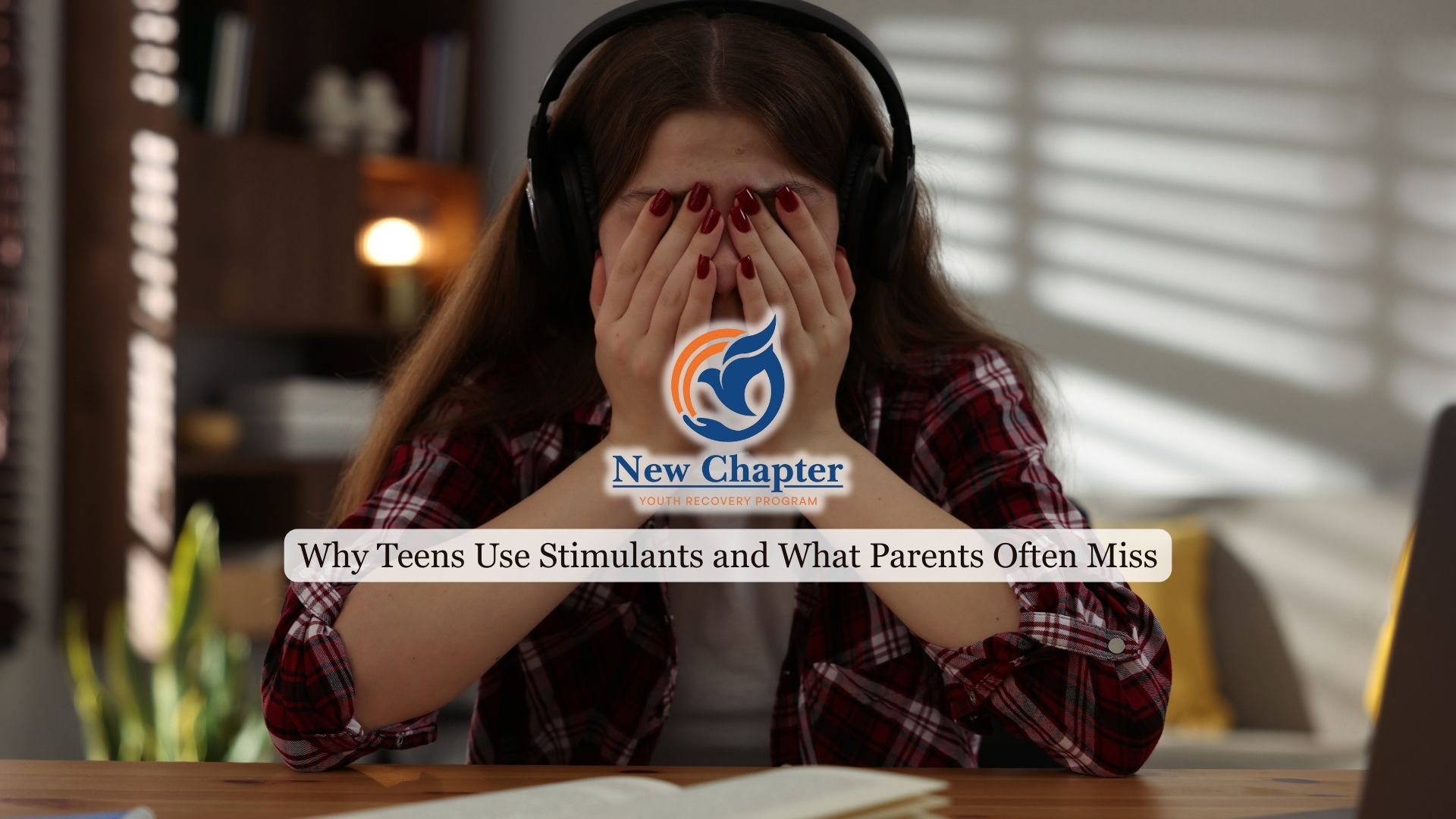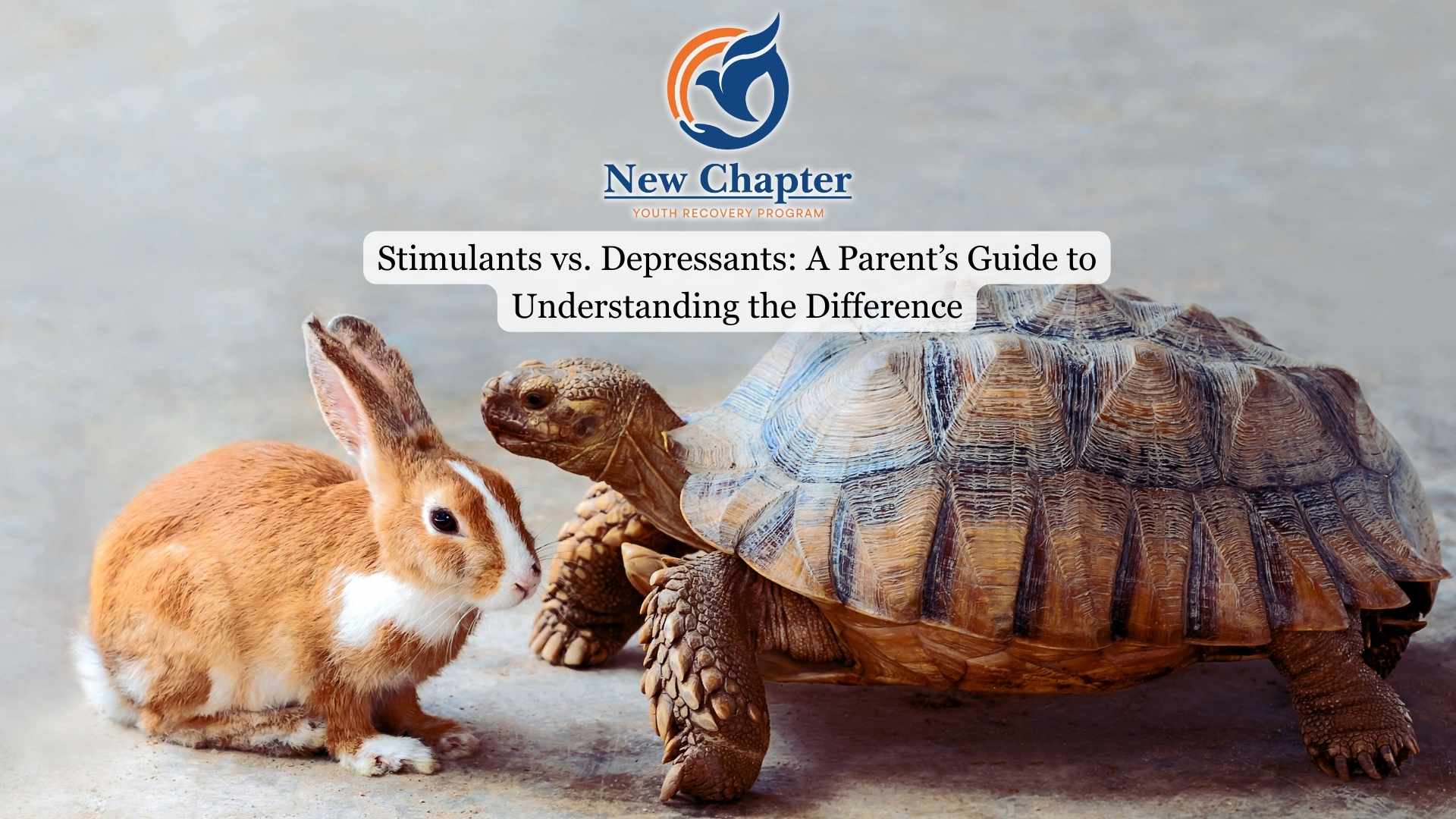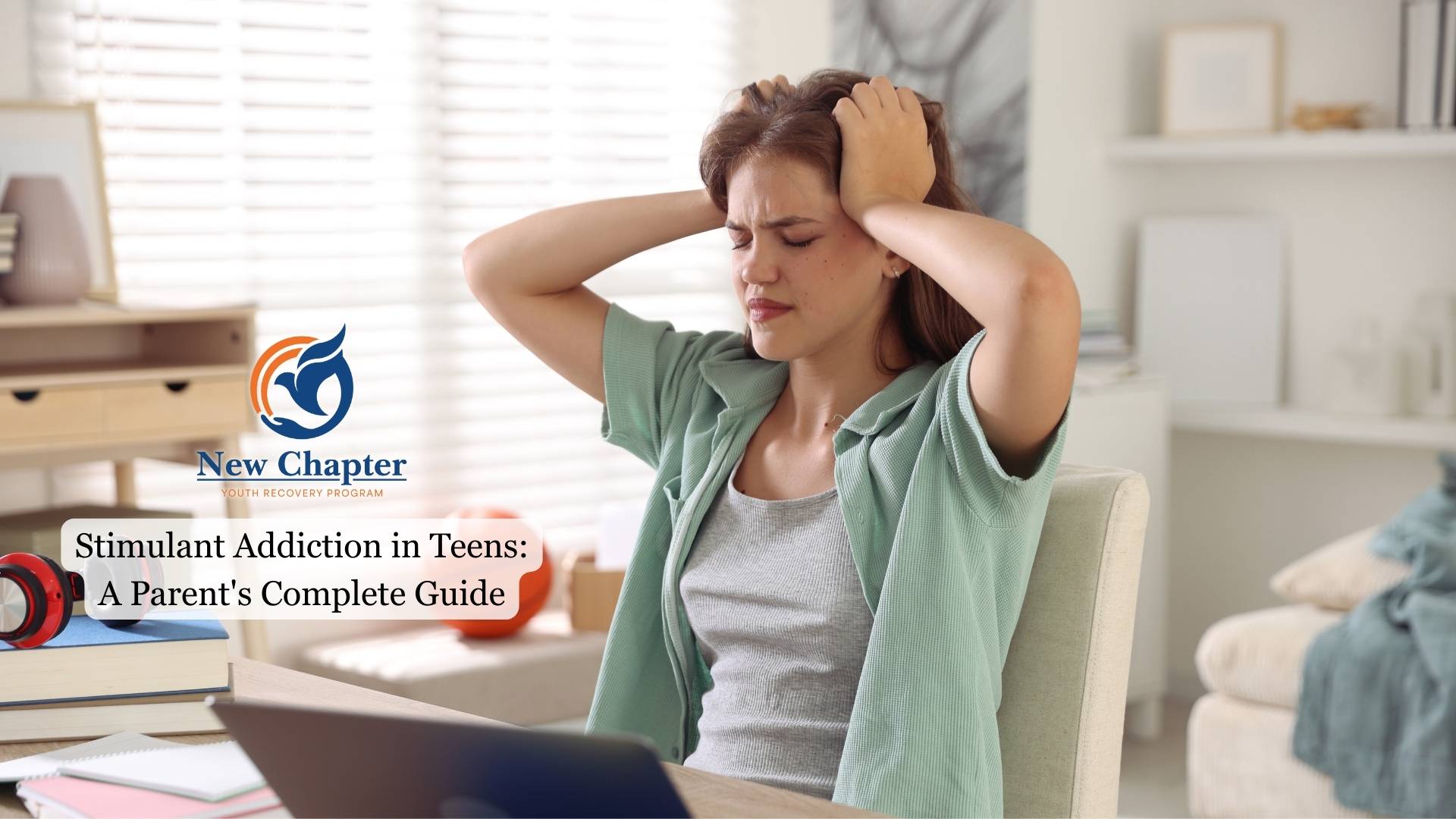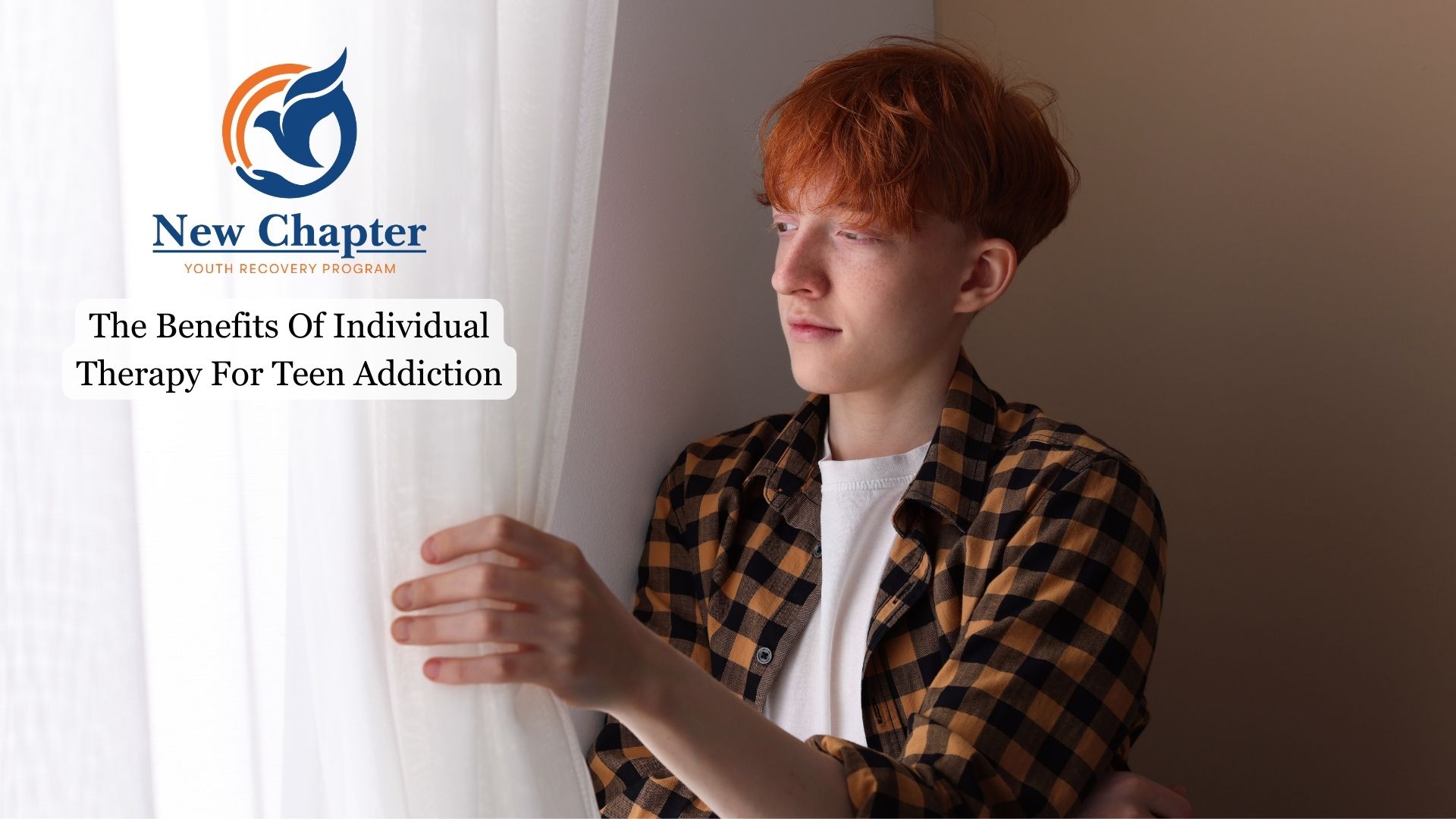Recovering from addiction during the teenage years comes with unique challenges. Adolescents often face struggles related to emotions, identity, and peer pressure, making strong support systems essential for long-term healing. Group activities designed specifically for young people not only encourage sobriety but also foster creativity, connection, and self-expression. Engaging in structured experiences enables participants to strengthen their recovery, build healthier coping skills, and develop lasting peer support.
This article explores a variety of creative approaches that can play a vital role in youth addiction recovery.

The Role of Creative Expression in Recovery
Creative expression gives adolescents a safe outlet for processing complex emotions that might otherwise feel overwhelming. Art, music, writing, and performance provide channels to express experiences and feelings that are often difficult to put into words. For many, these activities help reduce stress, build confidence, and inspire new perspectives on their journey. When practiced in groups, creative activities also encourage collaboration, empathy, and a sense of belonging.
This social aspect is particularly meaningful for young people, who thrive when they feel connected to their peers and understood by others who share similar experiences. These activities became an important element within youth outpatient programs, reinforcing skills learned in therapy with creative and supportive peer interactions.
Art-Based Group Activities
Art-based activities allow participants to externalize their emotions in a tangible form. Painting, drawing, and sculpting are all methods that help express thoughts they may not feel comfortable sharing verbally. Collaborative projects, such as creating a mural or designing a themed art wall, allow individuals to contribute to something larger than themselves.
These shared experiences can spark conversations about resilience, hope, and personal growth. They can also help participants process underlying trauma in safe and supportive ways. For example, a mural focused on recovery themes can serve as a visual reminder of collective strength and the importance of perseverance.
Music and Rhythm Activities
Music is deeply connected to adolescent identity, making it a valuable tool during healing. Group drumming sessions, songwriting circles, and lyric discussions allow participants to channel emotions into rhythm and sound. These activities emphasize cooperation, patience, and listening skills that support long-term sobriety.
Creating or sharing playlists also helps young people explore positive forms of self-expression while building trust among the members. Working together musically, they learn that harmony is possible not just in sound but in relationships and renewal.
Writing and Storytelling Workshops
Writing provides an avenue for reflection and healing. Journaling sessions, poetry circles, and storytelling workshops invite participants to explore their personal narratives. Sharing these stories with peers can reduce feelings of shame and isolation, as they realize they are not alone in their struggles.
Writing also helps adolescents reframe their experiences, giving them a chance to recognize progress and imagine healthier futures. Written reflections serve as meaningful records of growth, reinforcing the belief that change is possible. For parents, these moments also highlight the importance of choosing a program that integrates involvement and creative teamwork into their child’s journey to a substance-free life.

Movement and Drama Activities
Movement-based activities encourage both physical health and emotional release. Drama exercises, such as improvisation, role-playing, and skit-building, help adolescents explore new perspectives while practicing healthy coping skills. Acting out challenging scenarios gives participants a safe space to rehearse problem-solving strategies they can apply in real life.
These sessions build communication skills, encourage cooperation, and enhance self-awareness. Whether through dance, theater, or simple group movement games, physical expression strengthens resilience and fosters a greater sense of confidence.
Outdoor and Team-Building Activities
Spending time outdoors provides additional benefits. Group hikes, team sports, or trust-building exercises promote both mental and physical wellness. Nature-based activities are particularly effective in reducing stress and creating a calming environment for reflection. Team challenges encourage communication and collaboration, highlighting the value of working toward shared goals.
For many participants, outdoor experiences become a reminder that joy and connection can exist without substances. These activities not only strengthen relationships but also provide positive memories to replace those tied to past struggles, and when families are invited to join, they create opportunities for shared healing and stronger bonds at home.
Final Thoughts from New Chapter Youth Recovery
Creative group approaches provide adolescents in recovery with tools to heal, connect, and grow. From visual arts and music to writing, movement, and outdoor experiences, these methods support emotional wellness while fostering peer relationships and resilience. Participating in structured work like this helps youth gain coping skills and build a supportive network that strengthens their path to long-term restoration.
At New Chapter Youth Recovery, our outpatient programs in New Jersey integrate evidence-based therapies with supportive experiences like these. Combining clinical care with creative opportunities, the center helps adolescents rebuild confidence, develop healthier coping strategies, and move toward brighter futures. This balanced approach reflects the center’s commitment to guiding young people through recovery in ways that are both effective and deeply meaningful.






